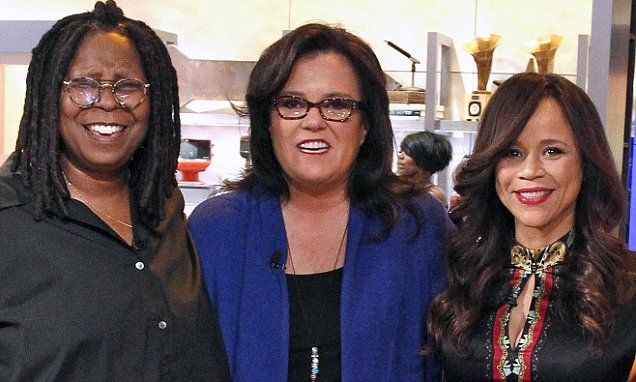Is Rosie O’Donnell an American Citizen? Rosie O’Donnell, a well-known comedian, actress, and talk show host, has been in the spotlight for decades, not just for her entertainment career but also for her outspoken views and public feuds. Recently, her U.S. citizenship became a topic of national conversation after a controversial statement from former President Donald Trump, who suggested he might consider revoking it. This claim stirred up debates, leaving many wondering: Is Rosie O’Donnell actually an American citizen? Let’s dive into the facts, her background, and the legal context to clear things up.
Table of Contents
Rosie O’Donnell’s Background and Birthplace
Rosie O’Donnell was born on March 21, 1962, in Commack, New York, to parents Roseann Teresa and Edward Joseph O’Donnell. Her father immigrated from County Donegal, Ireland, during his childhood, and her mother was Irish-American, making Rosie a second-generation American with strong Irish roots. Raised in a Roman Catholic household, she grew up as one of five children in a family that faced challenges, including what she has described as a history of abuse and alcoholism. Her New York birthplace is key here, as it establishes her status as a natural-born U.S. citizen under the 14th Amendment, which grants citizenship to anyone born on U.S. soil. So, by all accounts, Rosie’s American citizenship is clear-cut—she was born in the U.S. and has lived most of her life here.
The Move to Ireland and Dual Citizenship
In January 2025, shortly after Donald Trump’s second inauguration, Rosie announced she had relocated to Ireland with her 12-year-old child, Clay, citing political and personal reasons. She mentioned the desire for a safer environment for her autistic child and frustration with the political climate in the U.S., saying she’d consider returning when “it is safe for all citizens to have equal rights there in America.” Rosie is also in the process of obtaining Irish citizenship through her family lineage, as her father’s Irish heritage makes her eligible. The U.S. allows dual citizenship, meaning Rosie can pursue Irish citizenship without renouncing her American status. Her move to Ireland sparked speculation about her intentions, but it doesn’t change the fact that she remains a U.S. citizen by birthright.
The Trump Controversy and Citizenship Threats
The question of Rosie’s citizenship gained traction in July 2025 when Trump posted on Truth Social, stating he was “giving serious consideration” to revoking her U.S. citizenship, calling her a “threat to humanity.” This was part of a long-standing feud that began in 2006 when Rosie, then a co-host on The View, criticized Trump’s handling of a Miss USA controversy. The two have traded insults for nearly two decades, with Rosie calling him a “criminal con man” and Trump retaliating with personal attacks. His 2025 threat, however, raised eyebrows because it’s legally impossible for a president to unilaterally revoke the citizenship of a natural-born American. Legal experts, including CNN’s Steve Vladeck and UVA’s Amanda Frost, pointed out that the 14th Amendment and a 1967 Supreme Court ruling protect birthright citizenship, making Trump’s statement constitutionally baseless. Rosie responded fiercely on Instagram, saying, “You want to revoke my citizenship? Go ahead and try.”
Why This Matters: Citizenship and Free Speech
The controversy surrounding Rosie’s citizenship isn’t just about her—it’s a broader issue about free speech and the misuse of executive power. Rosie has been a vocal critic of Trump, from his policies to his character, and her move to Ireland was partly motivated by her opposition to his administration. Trump’s threat, though legally void, signals a troubling rhetoric where citizenship is weaponized against dissenters. Legal scholars like Stephen Yale-Loehr have noted that denaturalization is rare and typically reserved for cases of fraud, not political disagreement. Rosie’s case highlights the tension between free expression and political retaliation, especially since she’s exercised her First Amendment rights to critique the government. As she put it, she’s a “loud woman, a queer woman, a mother who tells the truth,” and her outspokenness seems to be at the heart of this feud. This situation serves as a reminder that citizenship, especially for those born in the U.S., is a protected right, not a privilege to be revoked on a whim.
In conclusion, Rosie O’Donnell is undeniably an American citizen, born and raised in New York, with constitutional protections that safeguard her status. Her move to Ireland and pursuit of dual citizenship don’t negate her U.S. citizenship, and threats to revoke it lack legal grounding. This saga underscores the importance of understanding citizenship laws and the dangers of targeting individuals for their political views. Rosie’s story is a testament to resilience, as she continues to speak her truth from across the Atlantic, unwavering in her identity as an American.
